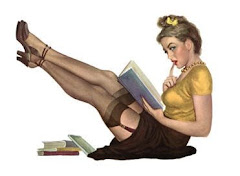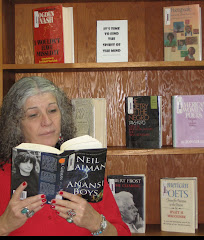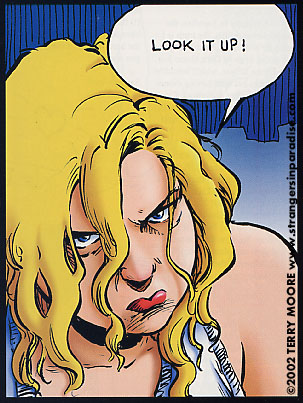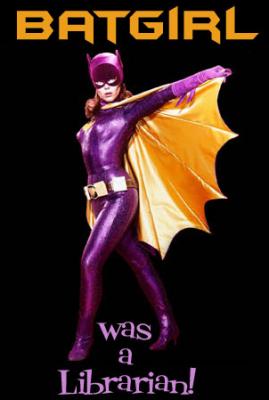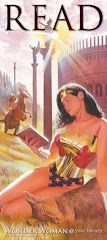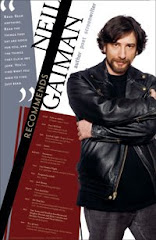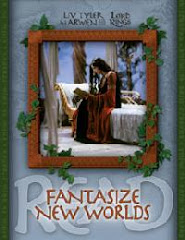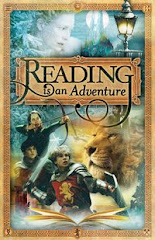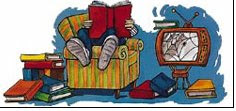
Ann Rice was a poor reader. She was 27 before she began an undergraduate degree in English and 32 before she earned a masters in English. Up until first grade, she was called Howard Allen (the name she was born with, which was a combination of her father’s name and her mother’s maiden name). Her parents thought the male name of Howard would be a great asset to her and that she was going to do great things.
She was a devout child raised in a deeply religious Irish Catholic family. She came out of Catholic school with knowledge of the important people and incidents of the Bible, but no real sense of its distinctiveness, or its poetic qualities. She had very little sense at all of the Bible’s voice.
She went through the eighth grade being schooled only with girls. For two years she experienced a coeducational Catholic high school, after that went to a Catholic girls’ academy for a year, and then, finally when her family moved to Texas she experienced public school for the first time.
Around freshman year of high school she began to read. The first novel that she enjoyed and loved was Great Expectations by Charles Dickens. The other novel she discovered was Charlotte Bronte’s Jane Eyre. But books were still hard for her to penetrate and she continued to listen for her knowledge and hang on to words of those who said interesting things. When she entered an all girls college she responded strongly to complete lectures which enabled her to learn without the necessity of cumbersome and difficult books. Her life became happy, though she made less than perfect grades because she wasn’t considered an effective writer and she considered the atmosphere of her classes disciplinary and confining. The one story she submitted to a college literary magazine was rejected.
She dreamed of being a violin virtuoso, but was not talented, so felt shut out of the realm of music. She already felt shut out of book learning, and the realm of childhood. She felt extremely uncomfortable being called a child, she didn’t “get” what childhood was, and felt she was a failure as a child. This would become a great theme in her novels—how one suffers from being an outcast.
Anne ultimately left the church because it had become for her “anti-art and anti-mind.” It was an estrangement that lasted for 38 years. She says she felt a new relaxation, and a new passion for life, but a certain bitter darkness too. In a world without God anything could happen and there would be no justice for the poor and those who died at the hands of tyrants. And so she began her secular journey. She married Stan Rice, a committed atheist, and the marriage lasted for 41 years, until his death in 2002. She had a daughter who died from leukemia before her sixth birthday. Then came the book Interview with the Vampire which made her a household name.
She wrote 21 books before her faith returned to her, and curiously it was the meticulous research she did for them, the digging through history, the studying of ancient history in particular (a Rice hallmark) that actually lay the groundwork for her return. The more she read of history—any history—the more her atheism became shaky. History, as well as Creation, was talking to Anne about God. In particular, in the survival of the Jews Anne saw something that there was no convincing sociological or economic explanation for at all. Anne says “A great love of the Jewish people began to burn in me, a love of this tribe that had survived since the most ancient times into the present day. I conceived a fierce curiosity about them, and everything pertaining to them. I was drawn to them in their piety and integrity. And I wanted to know how Christianity had arisen from their religion, and how, above all, had it managed to take the Western world by storm. If any one “thing” in all my studies led me back to Christ, it was His people, the Jews.”
This book explores her heartfelt return to her faith and gives us a glimpse into her interior pilgrimage.













